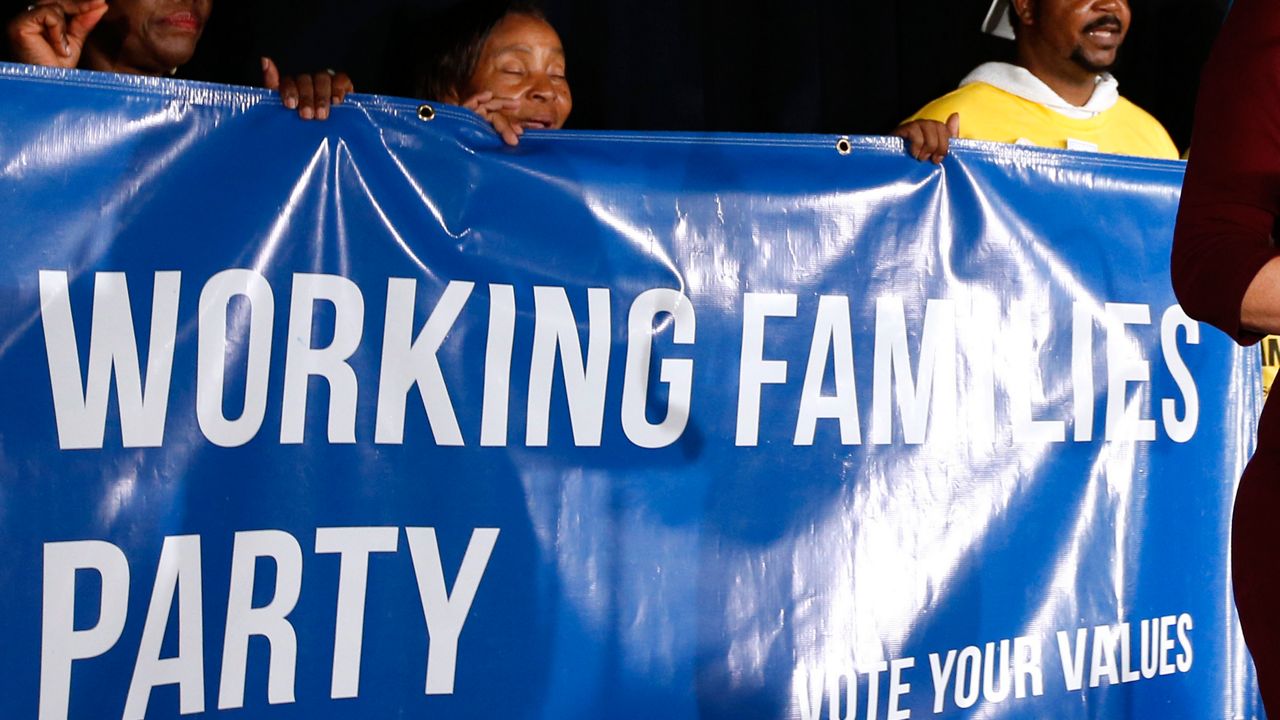The U.S. Supreme Court will not hear a challenge to New York's 2020 election reform laws that raised the threshold for third political parties to appear on the ballot.
In the past, to achieve statewide ballot status, minor political parties needed to earn 50,000 votes for their candidates in the previous election. In other words, they needed 50,000 votes to qualify for the ballot every four years – rules that have been in place for decades. The law passed three years ago now requires that minor parties garner 130,000 votes or 2% of votes cast. Failure to do so would mean removal from the ballot in the next cycle. In addition, they demand that qualifications occur every two years, rather than four, at the gubernatorial and presidential elections.
As a result, the Green Party and Libertarian Party did not reach that threshold for the 2020 elections, while the Conservative and Working Families parties have maintained ballot access since then.
Candidates can also run on two different party lines under New York state law, which is known as "fusion voting."
The explanation at the time for the change was an attempt to reduce voter confusion and root out corruption, but minor parties, particularly the Working Families Party, argued the idea was an effort by then-Gov. Andrew Cuomo to shut down the more progressive wing of the Democratic Party that is often represented by the Working Families Party, especially after they backed actress Cynthia Nixon over Cuomo in the Democratic primary race for governor in 2018. The former governor’s spokespeople have denied any personal animus toward the party.
The Green and Libertarian parties filed suit against the law. The Supreme Court concluded that "New York’s historic threshold increases are not severely burdensome because they remain at or under 2% of the electorate and allow the continued existence of two fusion parties, but disregarded critical facts demonstrating the severe burdens imposed on minor parties that do not nominate by fusion, including Petitioners," according to a court brief.
"For nearly a century, the support thresholds were disproportionately low compared to the ever-increasing population of eligible voters, such that ballot lines were taken up by candidates and organizations that lacked any plausible chance of winning their elections. The 2020 reforms helped restore proportionality and ensure that ballots will be occupied by candidates and organizations possessing meaningful levels of support from the electorate," said Brian Ginsberg, who represents the state Board of Elections in this case. "That objective is entirely consistent with the First Amendment, as the Supreme Court’s ruling today reflects."
Peter LaVenia, co-chair of the state Green Party, told Spectrum News 1 the party is disappointed but "will continue to fight the unjust ballot access laws here in New York." Spectrum News 1 has also reached out to the Libertarian Party for comment.


